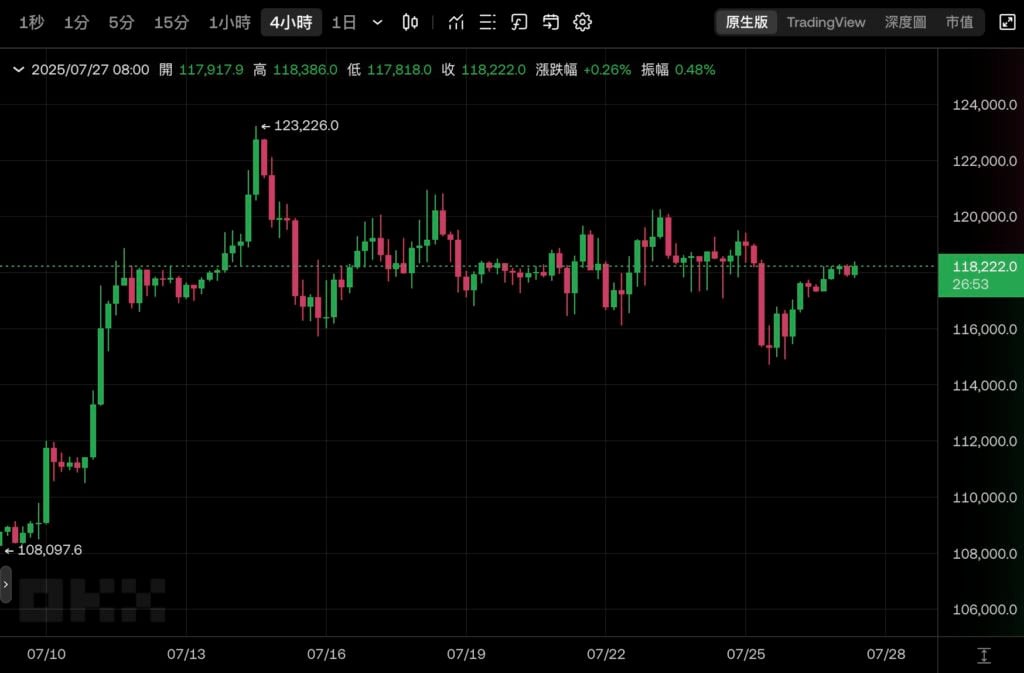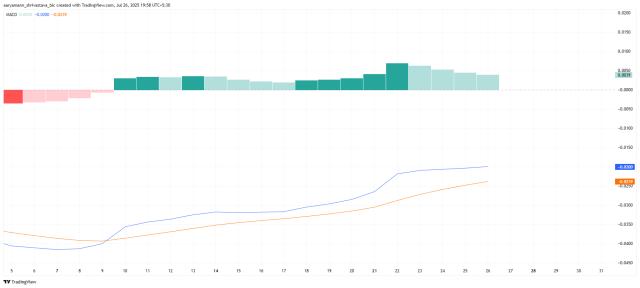The sudden escalation of the Thai-Cambodian border conflict transformed from heavy artillery exchanges to negotiation invitations within just two days. The key turning point was not a traditional diplomatic approach, but a "36% tariff" warning from US President Trump. The international community thus witnessed that when weapons and tariffs are listed as options, money often moves faster than bullets.
Ancient Temple Sovereignty Dispute Ignites New Frontline
Thailand and Cambodia's territorial disputes have persisted for decades. Since May 2025, both sides have accused each other of military border crossings along the Preah Vihear and Ta Moan Thom line. On July 24th this week, the conflict fully erupted, with artillery fire extending to Thailand's Trat Province and Cambodia's Battambang Province. Within two days, at least 33 people were killed, and 170,000 were forced to evacuate, with tank and airstrike images continuously appearing on social platforms.
For many border residents, religious sites suddenly became refugee route markers. Note: In 1962, the International Court of Justice ruled that Preah Vihear Temple belongs to Cambodia, and in 2013 reconfirmed that the surrounding area also belongs to Cambodia, but Bangkok has never agreed.
'36% Tariff' Forces Ceasefire Consensus
After the outbreak of war, Malaysia, as the rotating ASEAN chair, and the UN Security Council called for a ceasefire on the 25th, but frontline artillery fire did not cease. The real turning point may have come from a letter from Washington, where Trump recently wrote to both governments, stating that if no ceasefire agreement is reached by August 1st, a 36% tariff will be imposed on most goods exported to the US.
For Cambodia, whose export structure depends over 40% on the US market, this was a fatal pressure; Thailand, though having a diversified economy, is also facing GDP slowdown and cannot withstand similar impacts. Soon after, Thailand's Acting Prime Minister and Cambodia's Prime Minister spoke and agreed to a ceasefire.
Trump wrote this morning (27th):
I just had a very pleasant call with the Cambodian Prime Minister and informed him of my discussions with Thailand and its Acting Prime Minister. Both sides want an immediate ceasefire and peace. They also hope to return to the "trade negotiation table" with the US, but we believe this is inappropriate before the war stops.
They have agreed to meet immediately and quickly reach a ceasefire agreement to ultimately achieve peace! I am honored to work with these two countries.
Economic Leverage Reshapes Geopolitical Order
The US, which previously influenced Asia-Pacific situations through aircraft carriers and military aid, now uses tariffs with speed and intensity far beyond external expectations. Compared to Malaysia and the UN's mild mediation, the "tariff stick" directly targets export lifelines, leaving no room for bargaining for leaders on both sides.
The incident also reflects ASEAN's limitations in security issues: internal disagreements among member states make collective voices unable to compete with unilateral measures from superpowers.
Long Road and Unresolved Issues After Ceasefire
However, the Preah Vihear Temple's ownership remains unresolved by this ceasefire, and nationalist sentiments have not cooled. Experts generally believe that as long as border demarcations remain unclear, any small-scale conflict could escalate again.
For Thailand and Cambodia, the next challenge is how to maintain domestic political prestige while avoiding economic damage. For the international community, this case may become a reference for handling regional conflicts in the future. When tariffs can silence artillery, the boundaries between economy and security become blurred. The ceasefire is just the first paragraph of a new chapter, and the real test has just begun.
Bitcoin Returns to $118,000
In the cryptocurrency market, Bitcoin dropped below $115,000 on Friday (25th) but continued to fluctuate and rise, now standing back at $118,000, reporting at $118,220 before this article's submission.








